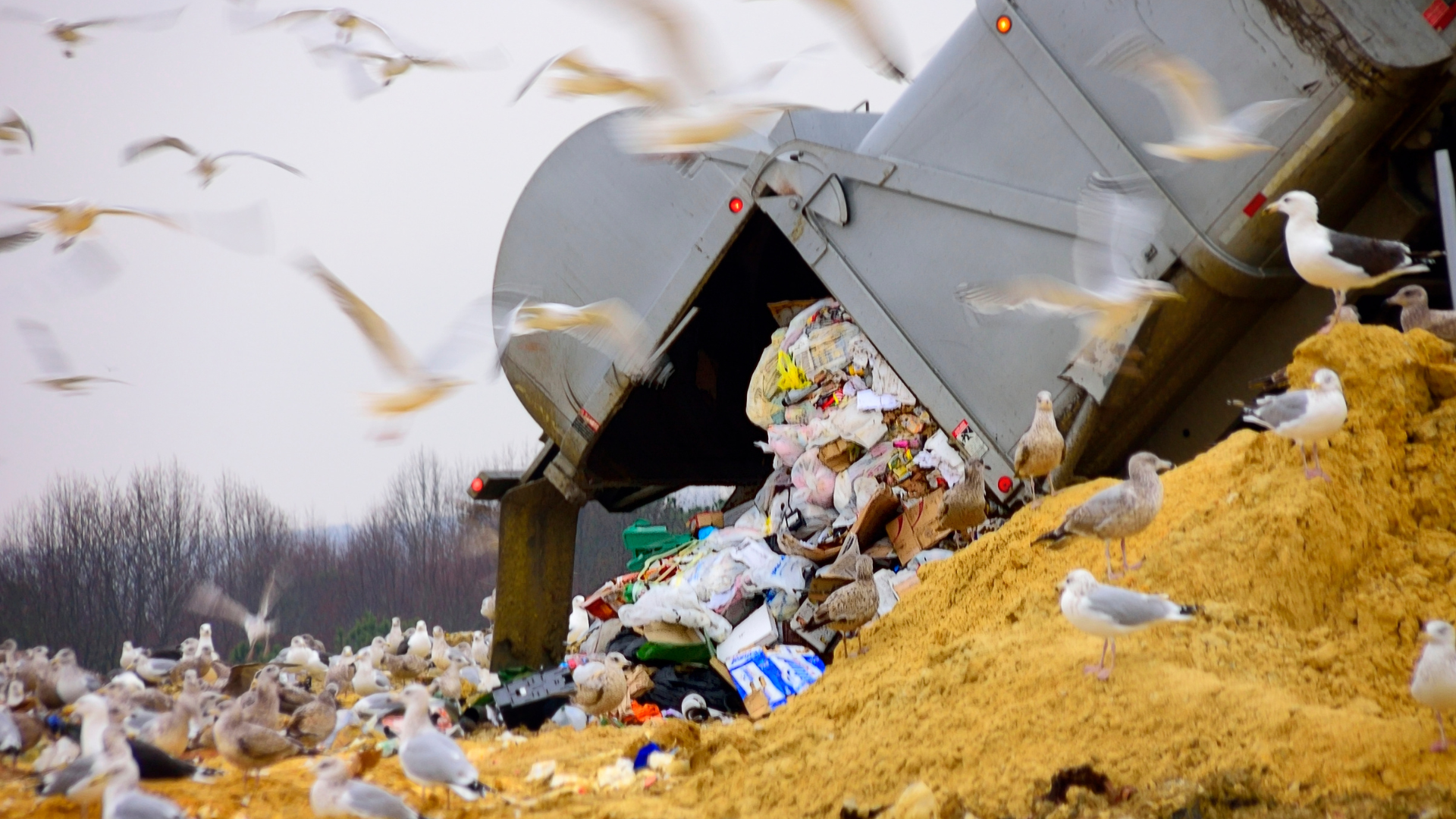
Sustainability as Strategy
Preparing for sustainable transformation starts with a strategic plan. We partner with you to devise personalised strategies that involve your teams and set you up for success.
Strategic Advisory
We believe in the science of impact. Our strategic consultants will guide you by personalising to your commercial context to your positive impact and help you build your capabilities in sustainable transformation. Our project managers ensure your project will be delivered its pre-agreed KPIs and ROI success factors.
Imagine fully sustainable yet global markets, where materials are produced locally to international quality, knowledge is retained by local communities and access to education is available so the place where you are born no longer determines your fate.
Wherever you are on the path from ESG to Purpose-Led, we have specialised expertise to support you in building a sustainable culture.
As an organisation, you will be invited to participate and collaborate with local non-profit organisations, schools, local business communities and expat residents living in your target markets.
We can help integrate your organisation into the local community, match you with global partners, agencies and manufacturers that can delivery our strategies in ways that are both ethically and environmentally sound.

Defining your impact using the the right framework enables you to join in the global conversation currently taking place with change-makers to...
- allow understanding of your cause
- increase uptake of press coverage
- enable collaborators to match on their goals

Impact Reporting
The positive impact model is based on research that measures your organisation's actions in terms of societal repercussions and highlights possible risks. It provides you with a robust framework from which to develop new roadmaps. The model uses simple metrics of actual social impact presenting your strategies, plans or current activity in an easy-to-understand cause-and-effect report. We conduct the audit based on published information as well as confidential plans that you provide. From there, we evaluate your strategies and advise you of gaps and opportunities that will generate additional value in terms of economic, social and environmental value.
Frameworks You Should Know About
-

The United Nations Sustainable Development Goals
Read MoreThe United Nations Sustainable Development Goals (SDGs) are a set of 17 global goals adopted by all United Nations member states in 2015 as part of the 2030 Agenda for Sustainable Development. The SDGs aim to end poverty, protect the planet and ensure that all people enjoy peace and prosperity by 2030.
-

The Paris Agreement
Read MoreThe Paris Agreement is a legally binding international treaty on climate change, adopted in 2015 by 196 parties, including all UN member states. Its goal is to limit global warming to well below 2°C above pre-industrial levels and pursue efforts to limit it to 1.5°C. The Agreement aims to strengthen the ability of countries to deal with the impacts of climate change, and to support them in their efforts to transition to low-carbon and climate-resilient economies.
-

The Kunming-Montreal Global Biodiversity Framework
Read MoreThe Kunming-Montreal Global Biodiversity Framework is a global agreement aimed at protecting the world's biodiversity. It is a framework agreement that was established in response to the alarming rate at which the world's biodiversity is being lost. The framework was developed by the Convention on Biological Diversity (CBD) and was adopted in 2021.
-

The Science Based Targets Initiative
Read MoreThe Science Based Targets initiative, or SBTi, is a collaborative effort by several organisations to encourage businesses to set ambitious emissions reduction targets in line with the Paris Agreement on climate change. The initiative was launched in 2015 and has since gained significant traction, with over 1,000 companies committing to set science-based targets as of 2021.
-

The Greenhouse Gas Protocol
Read MoreThe Greenhouse Gas Protocol is a widely-used standard for measuring and managing greenhouse gas (GHG) emissions. It is a collaboration between the World Resources Institute (WRI) and the World Business Council for Sustainable Development (WBCSD), who first introduced the protocol in 1998.





